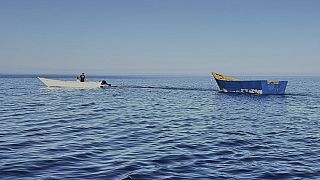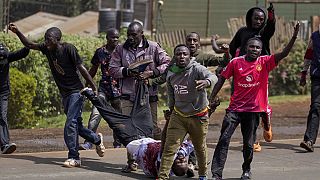WHO
The World Health Organisation (WHO) said it requires $56 million to implement the recently launched global Zika virus strategy.
Executive Director of the WHO Office in New York, Natela Menabde, announced this on Wednesday to the UN Economic and Social Council (ECOSOC).
Menabde said $25m would fund the joint response of WHO, the Regional Office for the Americas (AMRO) and the Pan American Health Organisation (PAHO) and $31m for key partners.
“The strategy focuses on mobilising and coordinating partners, experts and resources to help countries enhance surveillance of the Zika virus and disorders that could be linked to it,” WHO said.
Menabde explained that Upon Zika virus outbreak, WHO launched a global strategy to guide the international response to the spread of the virus and the neonatal malformations and neurological conditions associated with it.
She said the strategy, also known as the “Strategic Response Framework and Joint Operations Plan”, focused on mobilising and coordinating partners, experts and resources to help countries.
“In the interim, WHO had tapped a recently established emergency contingency fund to finance its initial operations”.
The Zika virus was first discovered in Uganda in 1947, and has become a global concern with the virus strongly suspected of causing two serious neurologic disorders, Microcephaly and Guillain-Barre syndrome.
The outbreak has predominantly affected the Americas, with Brazil being the hardest-hit country.











01:04
South Africa reports new bird flu outbreak on poultry farms
Go to video
Over 40 killed in attack on Sudanese hospital: WHO Chief condemns “Appalling” strike
Go to video
Ghana confirms 34 new Mpox cases, total rises to 79
01:07
WHO says the mpox outbreak remains a public health concern
01:34
Flavored tobacco products luring youth to addiction, death - WHO
01:00
New cholera outbreak in Sudan kills 172 people in a week